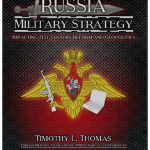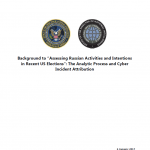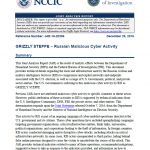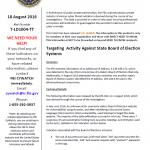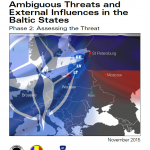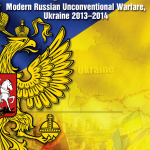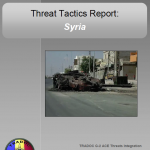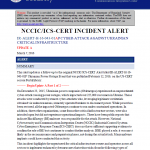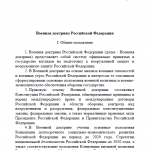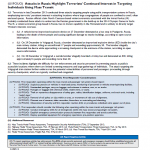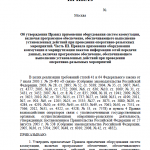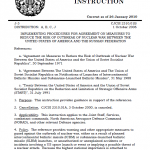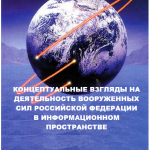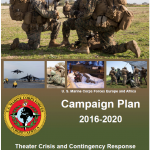
The U.S. Marine Corps Forces Europe and Africa Campaign Plan 2016-2020 defines the organization’s desired baseline operating conditions and capabilities beyond a one-year planning and execution cycle and directs action to achieve desired end states. The Campaign Plan synthesizes strategic guidance provided by U.S. European Command (USEUCOM), U.S. Africa Command (USAFRICOM), and Headquarters Marine Corps (HQMC); accounts for the Commanders’ priorities and vision; establishes a deliberate yet broadly-defined multi-year plan to achieve stated objectives; and provides a framework for implementation, periodic assessment, and refinement.

